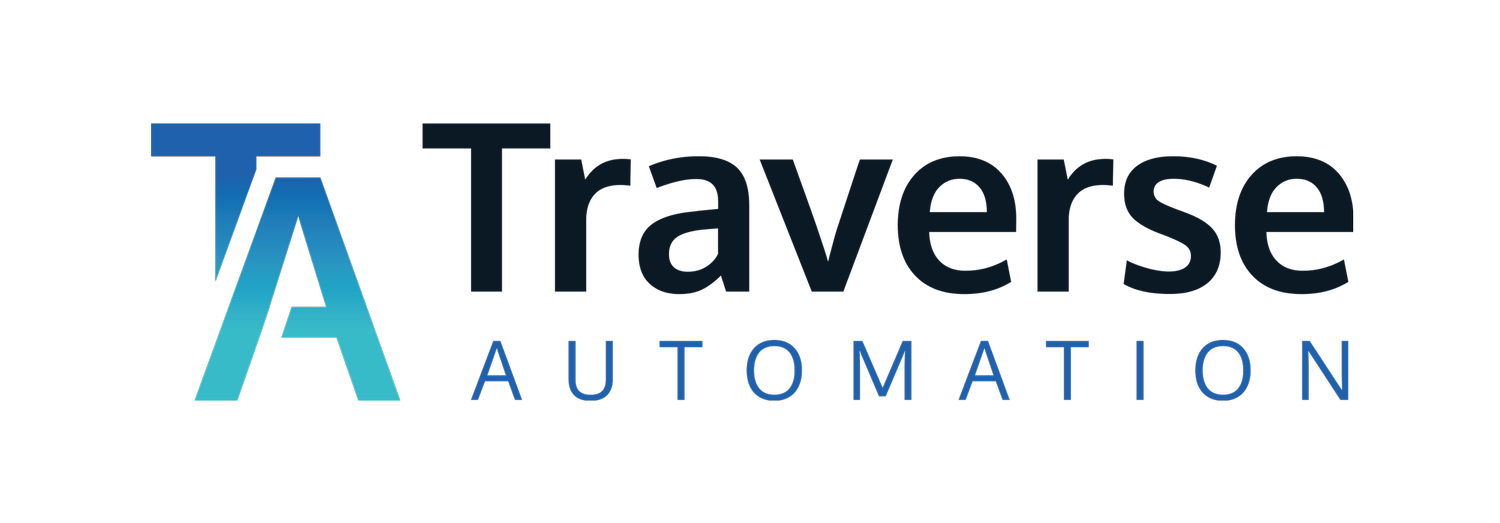Bringing automation into focus
-

Efficiency
-

Growth
-

Compliance
-

Quality
-

Necessity
How do we drive your EFFICIENCY?
Efficiency is the base case for automation and where it is most likely to be used. This is often about automating low-value manual work so that human resources can be better deployed on more useful work. It eliminates most of the cost of manual work to make your business more efficient.-
Automating actions from the inbox makes you faster, smarter and organised. You can then focus on things that actually need your attention.
-
Looking at two documents, such as invoices and credit card statements, and manually matching them together is a waste of time. Automate this process to become more efficient.
Solutions
Tools that drive your GROWTH.
If designed well, automation should be highly scalable, which means it is just as capable of processing 1000 transactions as 10 transactions. A company without automation typically needs to take on contract staff to fill peak periods and to recruit twice as many staff to do twice as much work. The cost of automation often scales much more slowly than the human equivalent, and the capacity can be used to “burst” in peak periods and grow seamlessly.Solutions
-
Matching documents automatically can happen if there are 2 documents to match or 2000. So this automation allows you to grow by looking after your peak periods.
-
Data warehouses allow you to automatically correct, track and manage your data. It allows your business to grow as you’re in complete control.
How do we ensure your COMPLIANCE?
It is often the case that a core business system allows users to do something that is not desirable. A good example is in not enforcing sign-off levels by different roles and if this is not a native feature of the system it may be enforced by a desktop software robot. This is true of legal, GPDR and other regulatory issues-
Data warehouses allow you to be in control, and put rules in place to automatically track tasks that are needed for legal reasons.
Solutions
How do we improve your QUALITY?
Quality may be enforced by the running of a suite of quality assurance checks and balances. Automation can check transactions and system set-up to identify issues and even automatically fix them in places. This is a vital aspect of any automation system.-
A data warehouse is one system that allows quality throughout the business, as you are in complete control.
-
Validating data for many reasons, such as before uploading to your system, ensures quality data runs throughout your business, which means no mistakes or errors.
Solutions
Tools that are a NECESSITY?
Sometimes you just need to do something. GPDR is a good example and there are many, mostly legal or regulatory based where something just needs to be done. It can be hard to enforce these things if they cross business systems. In this case, automation can be a quick and robust way to implement the required change.-
Gathering reports automatically is sometimes required in the business. ESG (environmental, social, governance) reporting is one example where we can help. This information is required to give to the government every financial year.
-
Data warehouses are a necessity for many reasons, but mainly because the business is in complete control in all departments by having a single view of the truth for the business.






